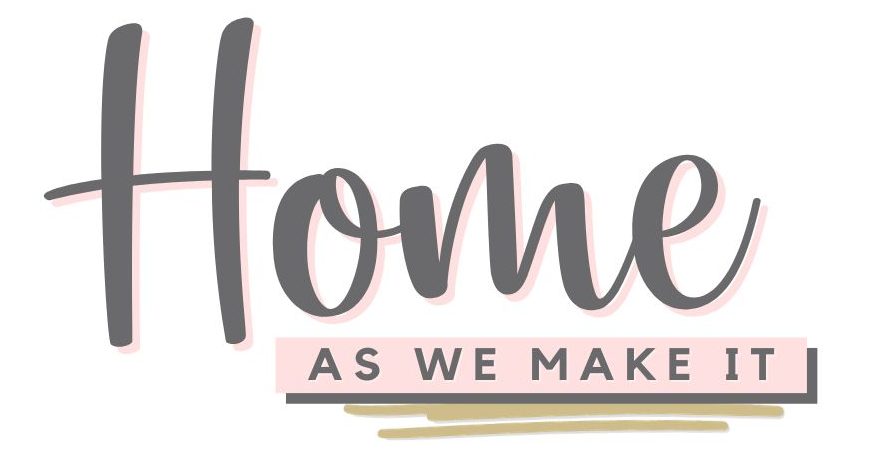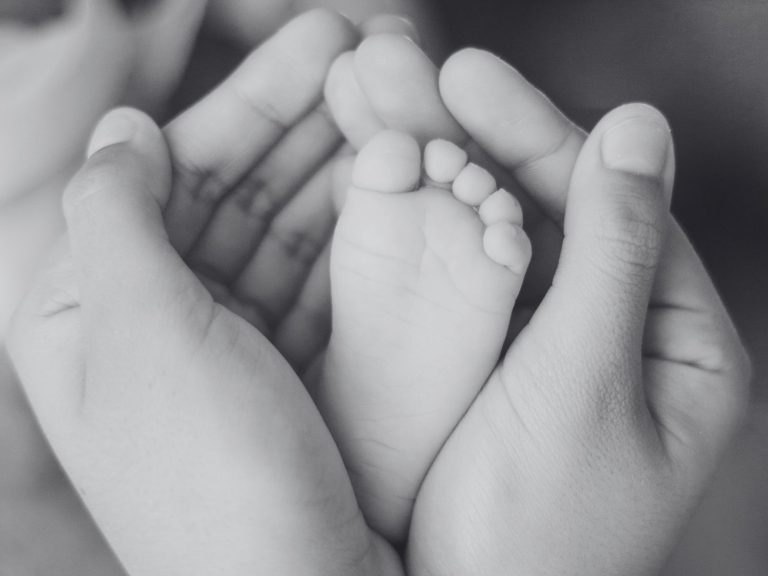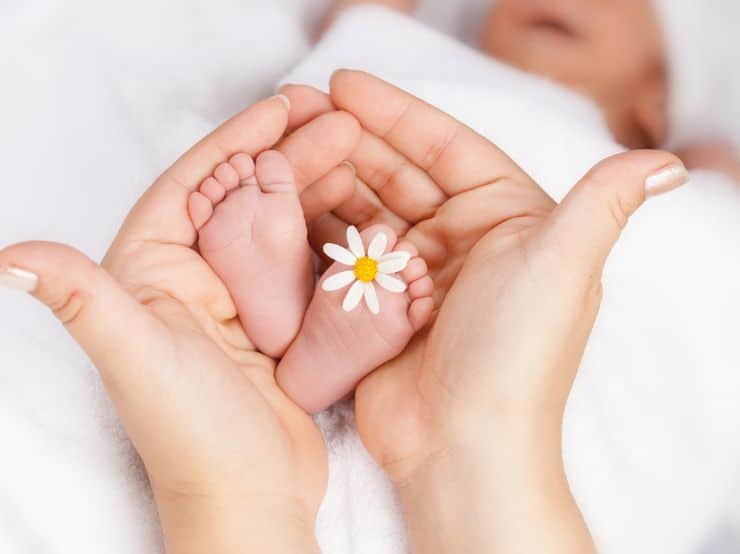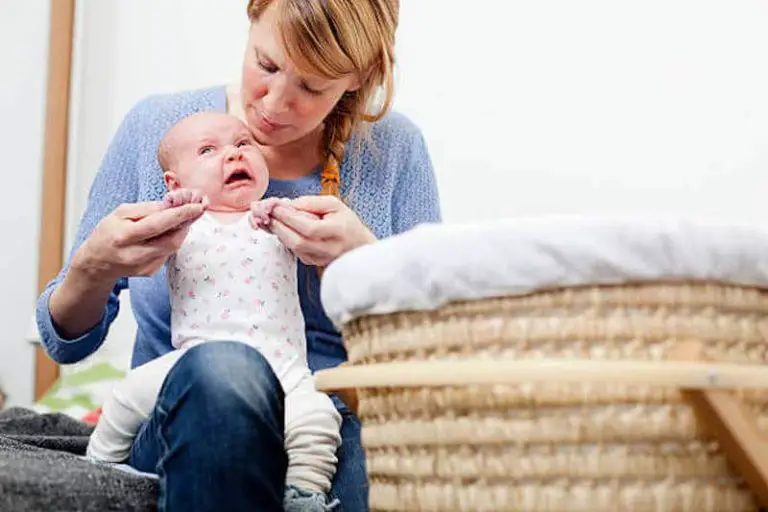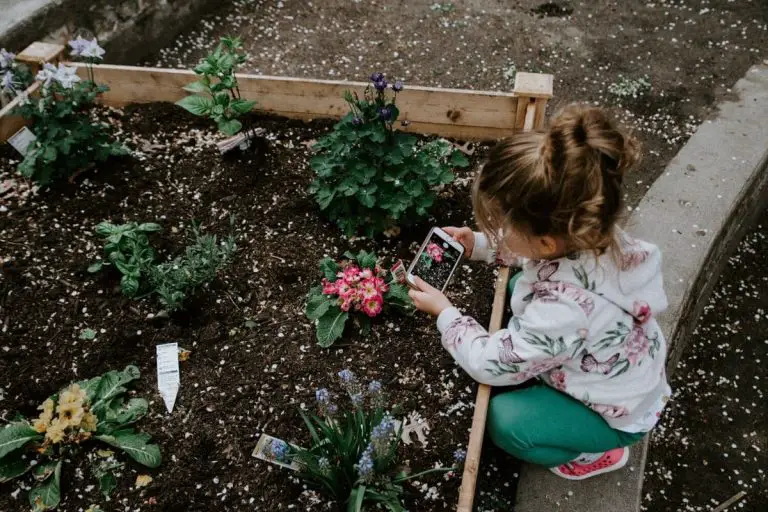Encouraging Baby Talk: Boosting Your Newborn’s Language Development
As a new parent, you undoubtedly want to provide the best possible environment for your newborn’s growth and development.
One essential aspect of this is language development. Even before babies can speak, they are learning about communication through their interactions with you and their surroundings.
Note: This post may contain affiliate links, which means if you buy from my link I might make a small commission. This does not affect the price you pay. See the full affiliate disclosure here.
Encouraging baby talk is an excellent way to boost your newborn’s language development. By engaging in conversation with your baby and creating a language-rich environment, you can help them develop their cognitive abilities, social skills, and emotional intelligence.
In this article, we’ll explore why early communication is crucial for babies’ development, the benefits of baby talk, practical tips for encouraging it at home, and how to monitor your baby’s progress along the way.
Let’s get started!

The Importance of Early Communication
It’s crucial to start communicating with your little one from day one, as early communication lays the foundation for future language development. Your baby is born ready to communicate and their brain is already wired to learn language.
By talking, singing, and interacting with your newborn, you can help them reach important language milestones like cooing, babbling, and eventually speaking. Building vocabulary starts with simple interactions like responding to your baby’s cries or smiles.
As your baby grows and becomes more aware of their surroundings, you can introduce new words by describing objects or actions around them. Speaking in a sing-song voice or using exaggerated facial expressions can also capture their attention and keep them engaged in the conversation.
Remember that every interaction counts towards building your baby’s vocabulary and helping them develop essential language skills that will serve them throughout their lives.
Baby Talk and Its Benefits
When it comes to boosting your newborn’s language development, baby talk is a powerful tool in your arsenal. By engaging in cooing and babbling with your little one, you’re helping them develop their vocal skills and encouraging them to communicate early on.
Additionally, gesturing and making sounds can help your baby learn to associate meaning with specific actions or sounds, setting the stage for more complex communication down the line. And by responding to your baby’s cues and signals, you’re building trust and strengthening the bond between parent and child.
Cooing and Babbling
The sounds your little one makes, from soft coos to playful babbles, are important markers of their language growth. As a parent, you can encourage and support this development by engaging with your newborn during these early vocalization milestones.
Here are some language stimulation techniques to consider:
- Responding to your baby’s sounds with enthusiastic facial expressions and gestures
- Engaging in back-and-forth ‘conversations’ with your baby
- Introducing new words and sounds through songs, rhymes, and stories
- Creating a calm and comfortable environment for your baby to explore their vocal abilities
Remember that every baby develops at their own pace, so be patient and supportive as they learn to communicate through coos and babbles. By encouraging these early vocalizations, you’re setting the foundation for future language development and communication skills.

Gesturing and Making Sounds
As you interact with your little one, it’s important to incorporate interactive play and sign language to help boost their language development. Gesturing is a key component in communication as it helps babies understand the meaning of words. Encourage your child to wave hello or goodbye, clap their hands, or even point at objects they’re interested in.
This type of playful interaction not only enhances their communication skills but also strengthens the bond between parent and child.
Another way to encourage your baby’s language development is by making sounds together. Whether it’s imitating animal noises or singing silly songs, engaging in vocal play helps babies learn about tone and inflection.
You can also try using different pitches and volumes when speaking to them – this will help them distinguish between different sounds and understand the importance of intonation. Remember, every sound they make is an opportunity for learning, so don’t be afraid to get creative with your interactions!
Responding to Your Baby
You can really connect with your little one by responding to their coos and giggles, using eye contact and facial expressions to show them that you’re listening and interested in what they have to say. Babies are constantly learning about communication from the world around them, and they often use nonverbal cues as a way of expressing themselves.
By being an active listener and paying attention to your baby’s movements and sounds, you can help encourage their language development.
Here are some ways you can respond to your baby while encouraging their language development:
- Repeat back sounds: When your baby makes a sound, repeat it back to them in a playful way. This will show them that what they’re saying is important and worth repeating.
- Use ‘parentese’: Speaking in a sing-song voice with exaggerated intonation can help hold babies’ attention, making it easier for them to learn new words.
- Give simple responses: Keep things simple by responding with short phrases or single words. This will help babies start to associate meaning with the sounds they hear.
Tips for Encouraging Baby Talk
To aid in the progress of your infant’s linguistic abilities, try implementing these helpful pointers.
First and foremost, engage in interactive play with your little one. This could mean playing peek-a-boo or singing songs together. Your baby will be fascinated by your facial expressions and the sound of your voice, which will encourage them to communicate back to you.
Additionally, reading aloud to your baby is an excellent way to promote language development. Even if they don’t understand the words yet, hearing the rhythm of language and different sounds will help them recognize patterns and develop their own communication skills.
Another tip for encouraging baby talk is to speak slowly and clearly when communicating with your infant. It may feel silly at first, but using a higher pitch and exaggerated facial expressions can capture their attention and make it easier for them to focus on your words.
Additionally, try repeating certain phrases or words frequently so that they become familiar with them over time. This repetition helps build vocabulary and comprehension skills as well as giving your child opportunities to practice their own language skills by imitating what they hear from you.
With these tips in mind, you can help boost your newborn’s language development while fostering a strong bond between you both through playful interaction and meaningful communication.

Creating a Language-Rich Environment
Now that you know some tips for encouraging baby talk, it’s time to create a language-rich environment for your newborn. This means surrounding them with opportunities to hear and use language as much as possible. By doing so, you’ll be helping your little one develop their vocabulary and communication skills from an early age.
Here are some ways to create a language-rich environment:
- Read aloud to your baby every day, even if they seem too young to understand. This will expose them to different words and sentence structures.
- Use interactive toys that make noise or have buttons that play songs or phrases. This will encourage your baby to explore and engage with the world around them.
- Talk to your baby throughout the day, narrating what you’re doing or describing the things around them. This will help build their understanding of language and concepts.
By incorporating these strategies into your daily routine, you can help boost your newborn’s language development while also bonding with them through shared experiences. Remember that every interaction counts, and even simple conversations can make a big difference in setting the foundation for lifelong communication skills.
Monitoring Your Baby’s Language Development
Keep an eye on how your little one is progressing in their ability to communicate, as this will help you understand their thoughts and feelings more clearly. Language milestones are important indicators of your baby’s language development, and monitoring them can help identify any potential issues early on.
For instance, by six months old, most babies should be able to respond to sounds and voices around them. By 12 months old, they should be able to say a few simple words like ‘mama’ or ‘dada’. If you notice that your baby is not meeting these milestones within a reasonable timeframe, it may be worth seeking professional help.
It’s important to note that every child develops at their own pace, so don’t panic if your little one doesn’t hit every milestone exactly when you expect them to. However, if you have concerns about their language development or communication skills, don’t hesitate to consult with your pediatrician or a speech-language pathologist.
They can assess your baby’s abilities and provide guidance on how best to support their language growth. Remember that encouraging baby talk isn’t just about building vocabulary – it’s also about strengthening the bond between parent and child through meaningful communication.
Conclusion
On taking the initiative to encourage your newborn’s language development! As a new parent, you play a crucial role in helping your baby build their language skills.
By creating a language-rich environment and engaging in baby talk, you can help your little one develop early communication abilities that will serve them well throughout their lives.
Remember that every baby develops at their own pace, so don’t worry if your little one doesn’t seem to be making progress as quickly as you’d like. With patience and persistence, you can help your baby learn to communicate effectively and build the foundation for strong language skills.
Keep monitoring your baby’s progress and seek professional help if needed. By following these simple tips, you’re giving your child the gift of effective communication that will benefit them for years to come.
